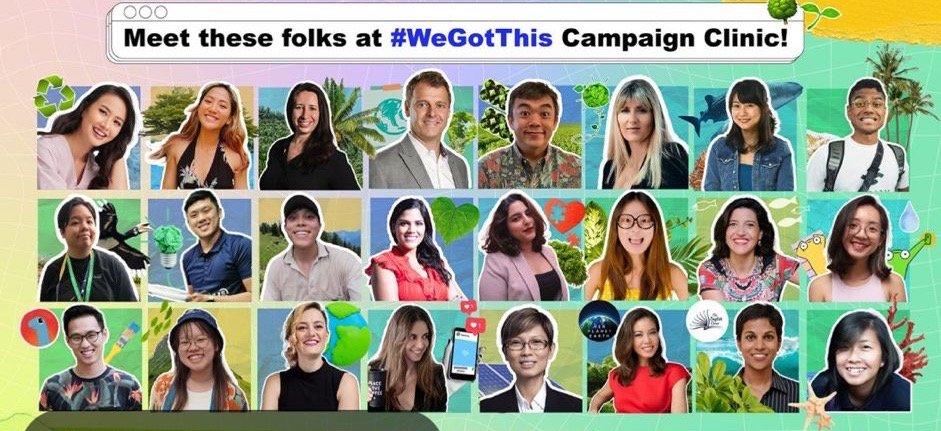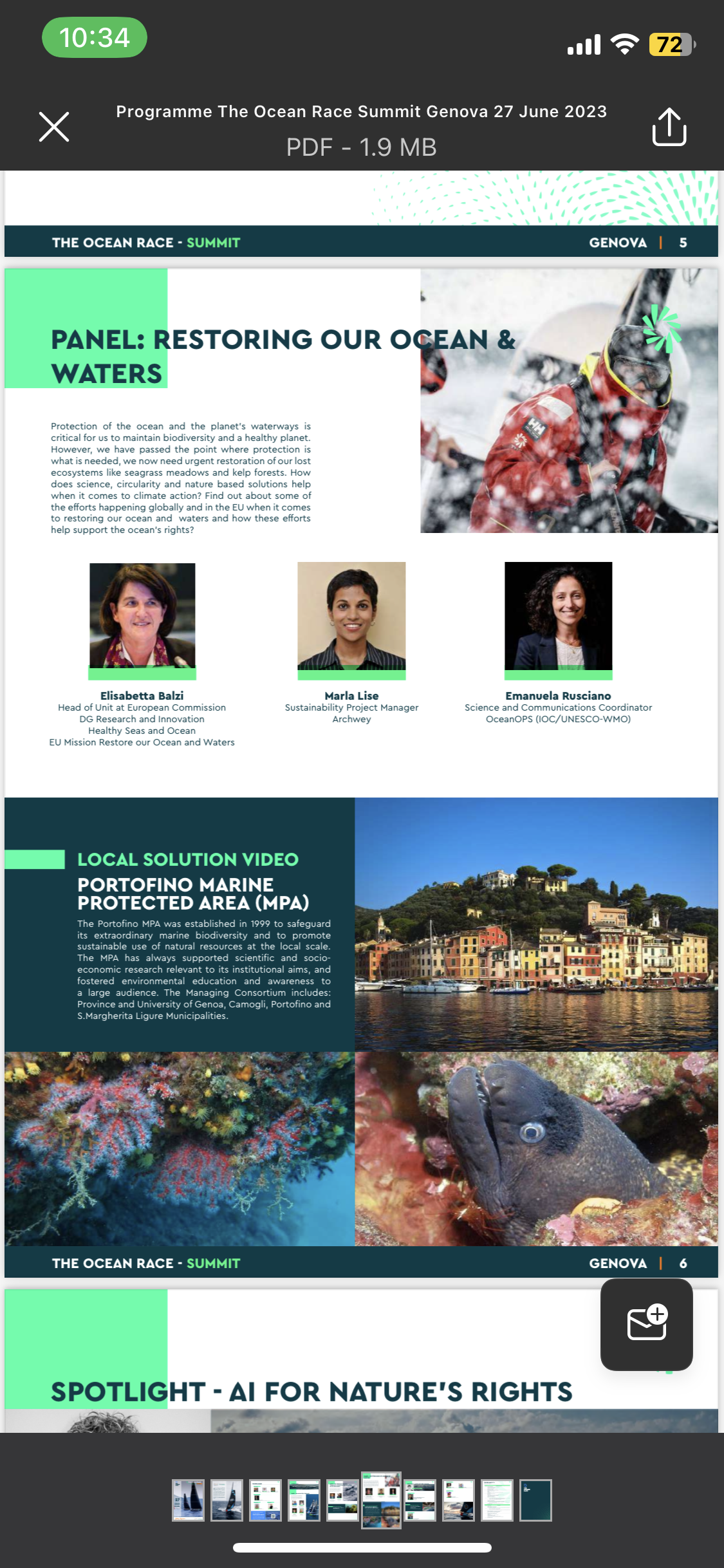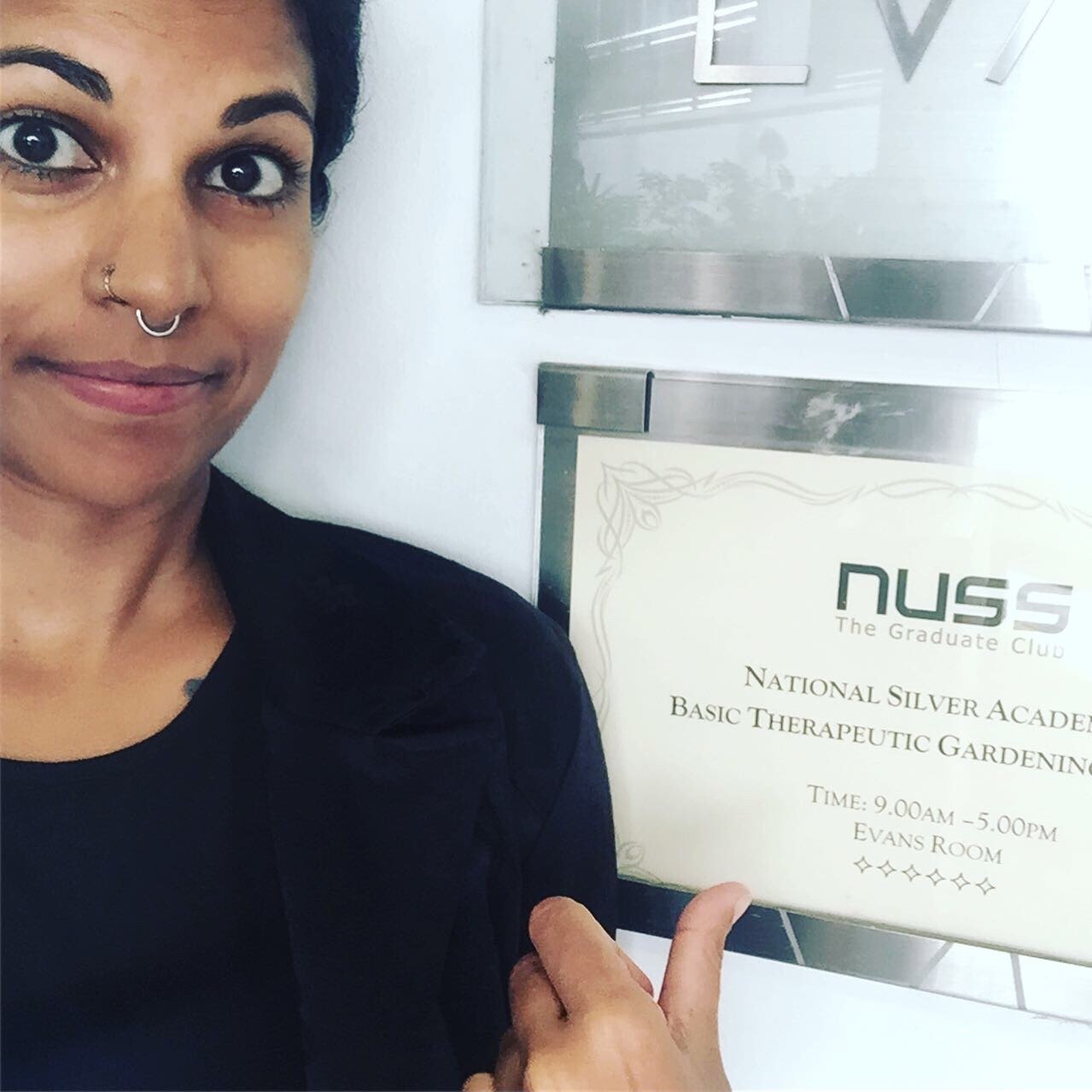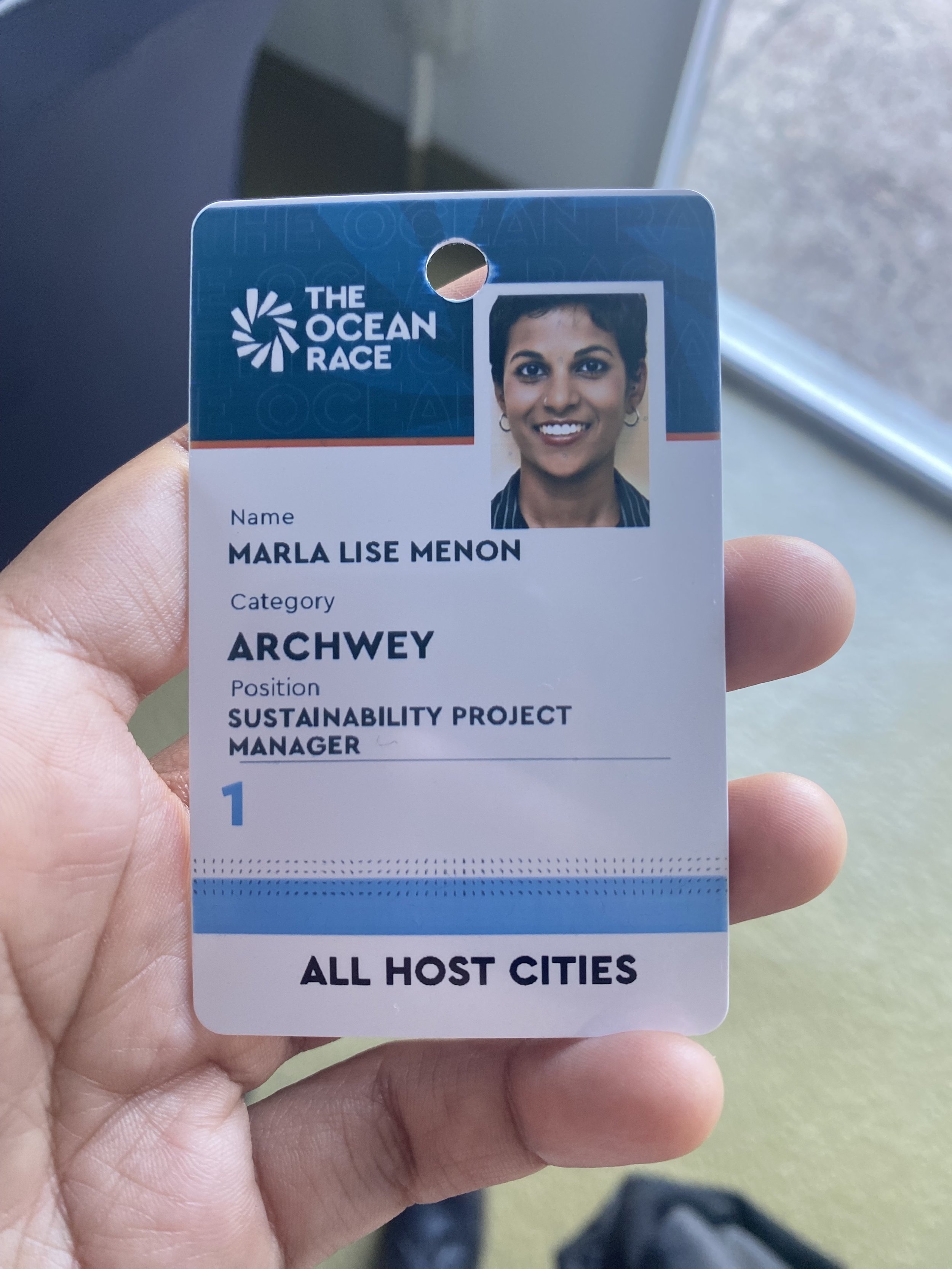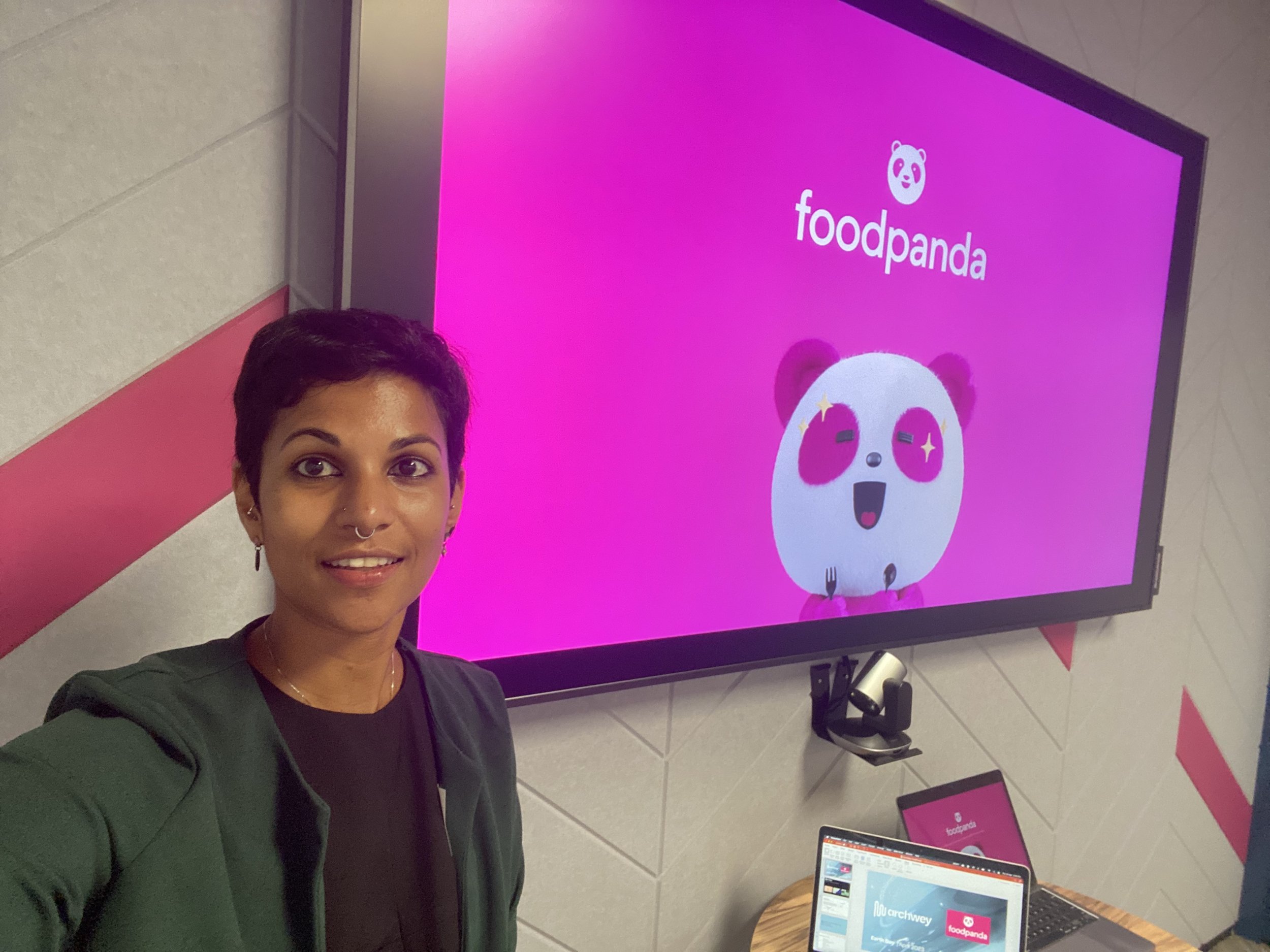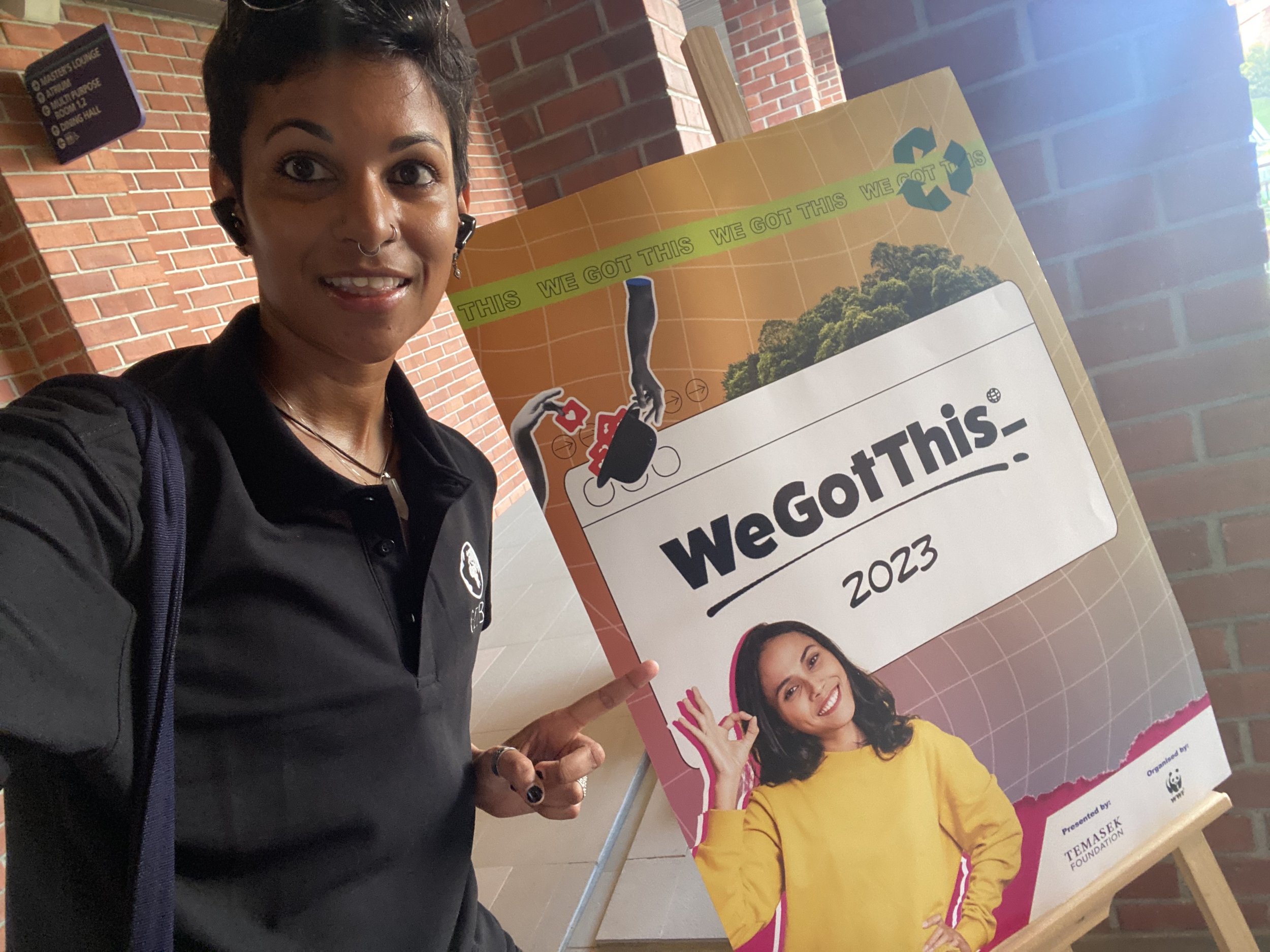Experiencing Nature
The bell rings and a familiar voice drifts through the cracks in the wooden floorboards, “Time to school!”. One by one, the excited explorers find their place and start putting on their protective layers. A rash guard, a wet suit, booties, a weight belt. The dive briefing is one of the most detailed and thorough I have ever heard in my 10 years of diving. For an anxious person like me, it does two things: gives me way more information than I need to know, which sets my already unsettled mind into a frenzy, but it also lets me know that my dive guides have seen it all and are prepared for anything that could possibly happen, which calms me back down to my usual level of anxiety.
We set off in the tender checking first that we all have our “weight belt, mask, fins, dive computer” and proceed to James Bond back roll into the water, plunging down into the blue. Equalize, check our gauges, inflate our BCDs, just a touch. And then - that first horizontal froggy kick – calm, buoyant, quiet, free - a familiar comfort. Eyes wide open, breathing steady, it’s a diver’s life for me.
Today’s dive is at Manta Ridge. The name already sends goosebumps down any diver’s spine. Large pelagics’ feeding spots mean the current will also be out in full force. Armed with reef hooks, we position ourselves behind the ridge, find a piece of rock to hook ourselves on, inflate our BCDs, and hover. Tethered to the reef, tossed around by the current, we wait for the dark “cloak” to appear.
There are two species of Manta Rays in Raja Ampat – the oceanic and the reef mantas, the latter being the smaller. Despite large wingspans ranging from 4-8m, these gentle giants are filter feeders that scoop plankton up into their gills using their cephalic fins as a funnel into their mouths. Raja Ampat is home to about 700 oceanic mantas and the Raja Ampat Manta Project is working hard to ensure that this number just increases.
As with many other species all over the world, mantas are threatened. Unfortunately, they are prized for their gills which are dried and sold for Chinese medicine. Unsustainable fishing practices also find mantas hanging limp in fishing nets, covered in fishing line, or towing bits and pieces of fishing waste around with them, slowing them down and hampering their ability to feed or migrate. Mantas are also threatened by climate change, which is altering water currents, temperature, and pH levels. Some are also captured and brought into captivity, being taken from their underwater ocean freedom, and put behind glass walls. And like every other species, habitat, and landscape in the planet, mantas are no stranger to the likes of plastic pollution. I spent much of another dive zooming around stuffing pieces of plastic into my wetsuit. Even here, Raja Ampat – the last paradise, is suffocating under the global plastic crisis.
I get a little bored waiting for the giant to appear, I start singing songs in my head and pretending the tiny fishes in front of me are dancing to the beat I’m bopping to. I look up and look around, my vision restricted by the blinders that my mask provides. It takes me a second for my brain to process when I see it. Effortlessly gliding just meters in front of me, a handful of baby butterfly fish hitching a ride on its back. My eyes are so wide I’m sure I look like a cartoon, eyeballs magnified in my mask, bulging out of my head. It swoops, loops, and then does a little shake, shooing away the little hitchhikers, heads my way to say hello, and shows me the underside of its belly, “This is me. These are my spots. I am an individual. I am the only one with markings like these. I am unique, just like you.”
David Attenborough said, “No one will protect what they don't care about; and no one will care about what they have never experienced.” While zoos and aquariums can show you mantas, alongside other wild animals, they do not teach you how to love them in the way that you would when you see them in all their absolute majesty. A manta in an aquarium is a pet to be trained, to entertain, but it is not a manta ray. It is not the gentle giant of the ocean that bows to no one and follows the tune of its own ocean song.
A true experience with an animal is only one that has been had when you as a human feel that you are completely out of your zone. When you are humbled to know that we homo sapiens are mere mortals and the world will continue without us until the end of time. An experience with nature is only real when we realise that we have to do everything in our power to keep those experiences and all of this beauty alive, even if it’s the last thing we do. Anything else, is arbitrary – and this is why we don’t love our planet like we need to. And ultimately, we’re going to be the only ones losing out.



